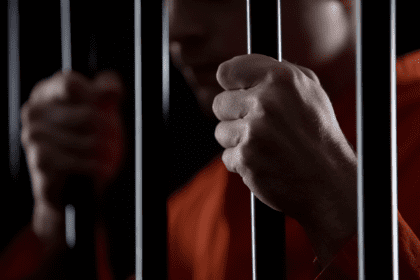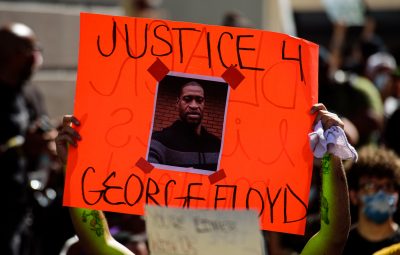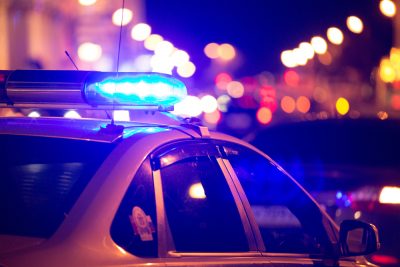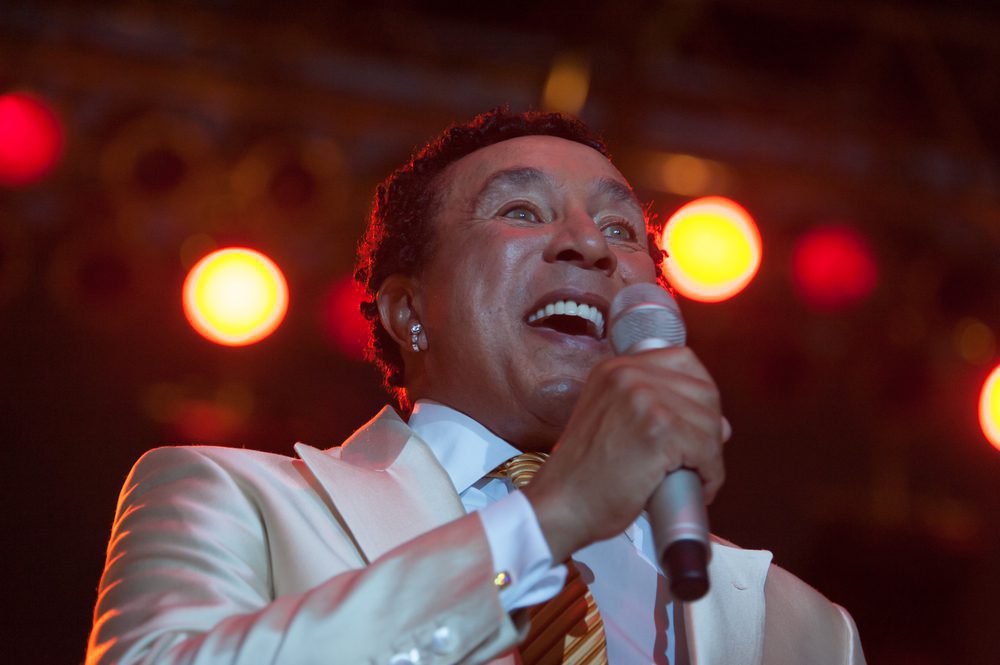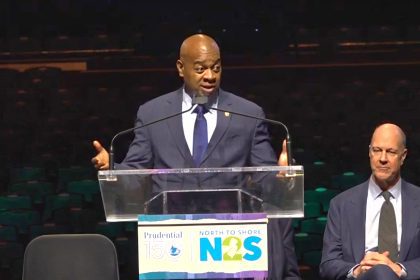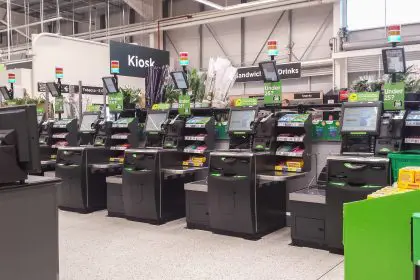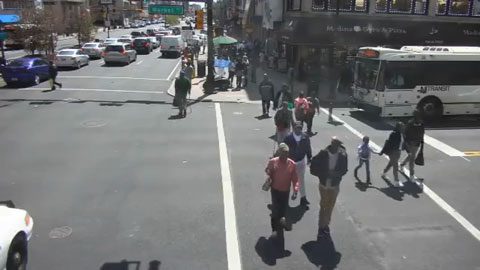
Many big-city residents may see a sign indicating that there are police cameras in the area and might simply ignore the message. But if you find yourself in the city of Newark, New Jersey, that sign is a warning that you are being watched not only by the police but also anyone with internet access.
This past April, Newark Mayor Ras J. Baraka and public safety officials announced the implementation of Citizen Virtual Patrol. The program linked 62 cameras in high pedestrian traffic areas as a live video feed that anyone can access through the Newark Public Safety website. The city plans to install another 100 additional cameras this year alone. According to public safety officials, if a person sees something that law enforcement should be aware of while viewing the live internet feed, they can notify police. Civil liberty advocates have expressed concern about the live stream aspect of the program, especially after the national trend of unnecessarily calling the police on Black people. Eric L. Piza, a former Newark police crime analyst and associate professor at John Jay College of Criminal Justice, told the New York Times, “Not only is the program not likely to reduce crime … it has the potential to lead police to respond to situations they should not be responding to.”
The installation of the system comes as a direct response to the high crime rate in the city and unnecessary police stops of citizens. There are many in the city who have no issue with the cameras and, in fact, want an increase in their community, feeling that it might help deter crime. But according to data from researchers, surveillance cameras are not necessarily a crime deterrent. In Chicago, for example, the city has installed over 30K surveillance cameras but still has an epidemic of violence. The importance of surveillance cameras come into play after a crime has taken place, to reconstruct events.

